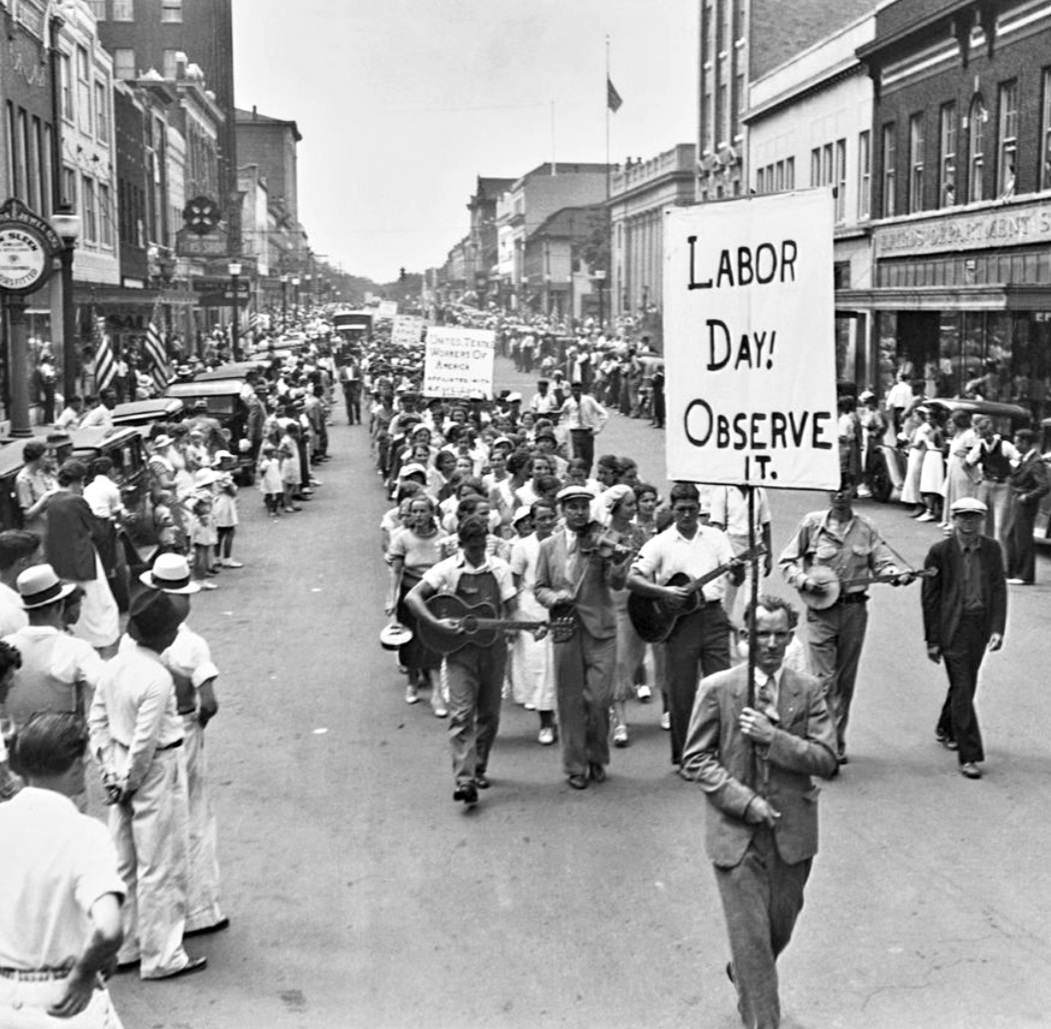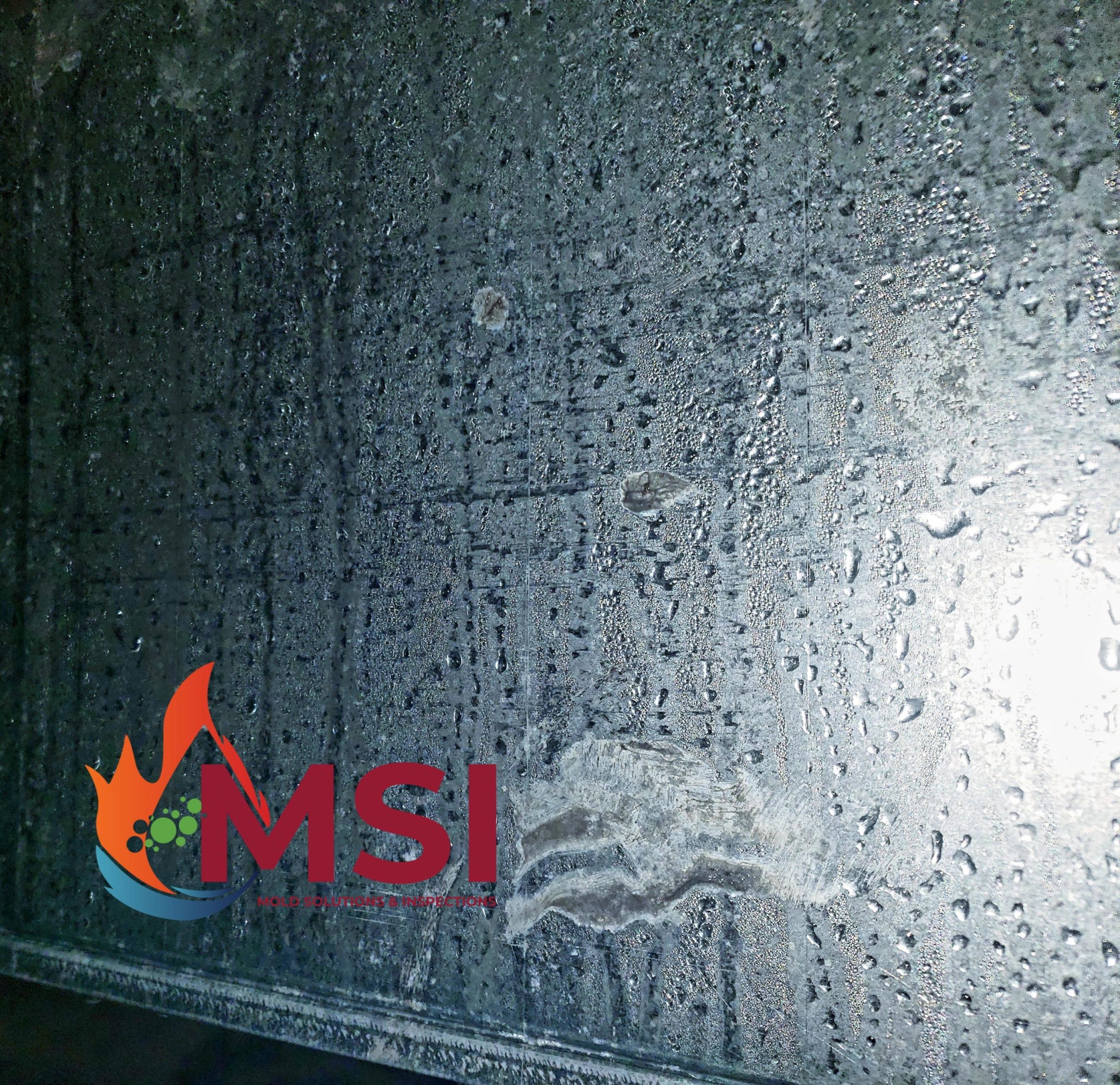Some people have suggested that honey consumption may be linked to a reduced risk of allergies, especially when the honey comes from local bees, which presumably visit many of the plants involved in provoking a local allergy sufferer’s symptoms. According to this popular belief, exposure to local honey works somewhat like a vaccine against local allergens by exposing people to the pollen that ordinarily causes an allergic response. The notion of using honey as an allergy remedy, while attractive, has not been definitively proven effective. Despite widespread belief that consuming locally produced honey confers protection against allergies to local allergens, little scientific evidence supports the practice.
On the other hand, Finnish researchers conducted a study recently in which patients with a known allergy to birch pollen consumed honey with added birch pollen, or ordinary honey, for about five months, before the start of pollen season. Patients who had taken the doctored honey reported 60 percent lower total symptoms scores than patients who did not receive the pollen-laced honey. Investigators concluded that the pollen-rich honey had helped reduce patients’ allergic symptoms. Unfortunately, taking honey with added pollen is not the same as taking local honey for the control of allergy symptoms, so it remains unclear what role, if any, honey may play in allergy relief.
It’s increasingly clear, however, that honey deserves a place in the medical arsenal, and certainly in our kitchens, even though it does not appear to play a significant role in easing the symptoms of seasonal allergic rhinitis. Honey contains a complex mixture of chemicals that collectively work to destroy a variety of germs capable of causing infection.
Please note that infants under one year of age should never be given honey, due to the risk of a rare but potentially fatal form of food poisoning caused by spores of the clostridium botulinum bacterium. When swallowed, spores in honey may begin to grow in the intestinal tracts of such young infants, where they can release a potentially deadly toxin. After one year of age, giving honey is considered safe.
For more, visit our website at Biowashing.com








